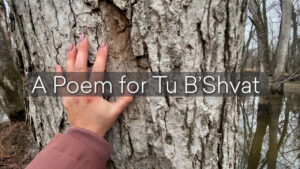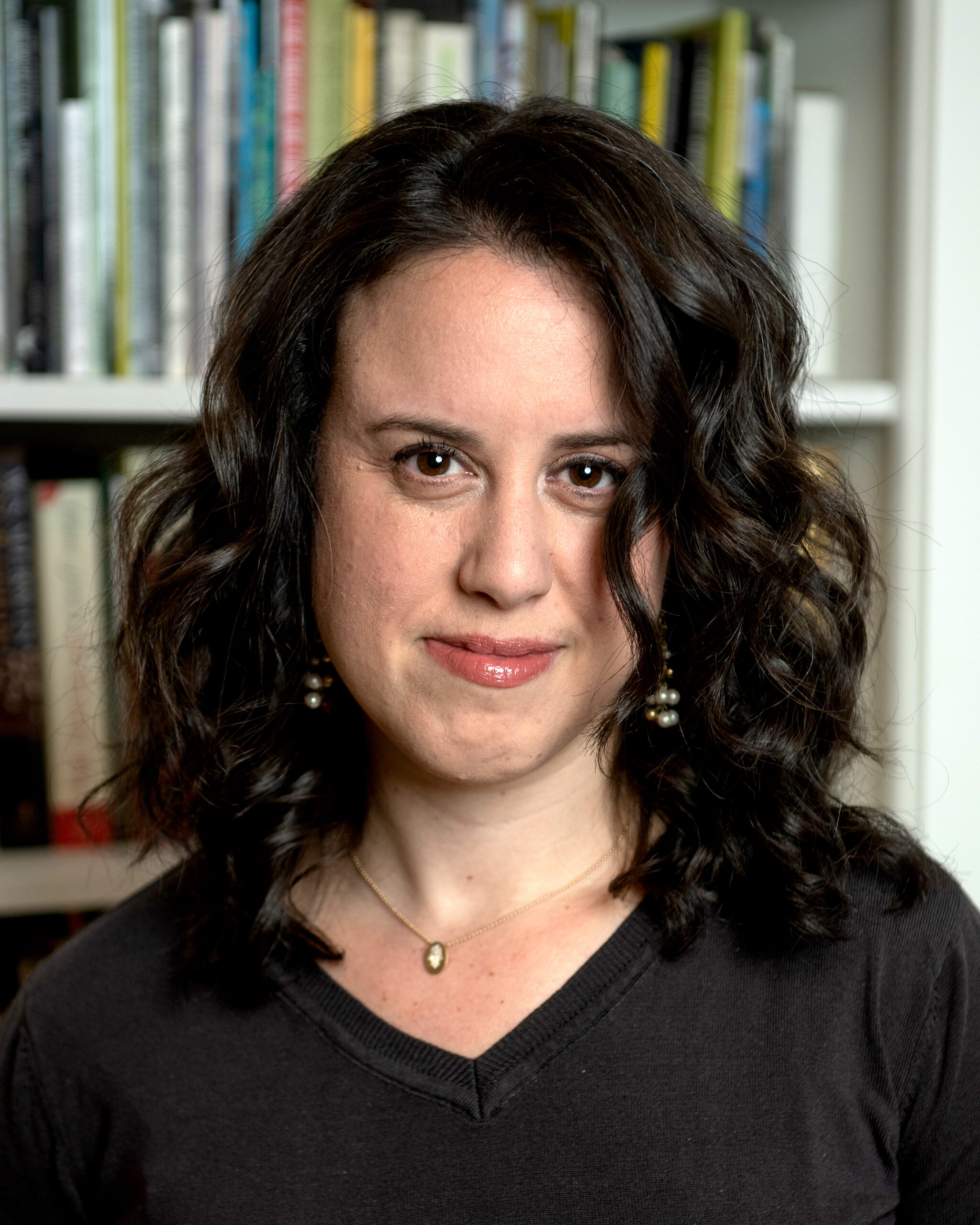
A Video Poem for Your Tu B’Shvat Seder
Tu B’Shvat is known as the Jewish New Year of the trees. The holiday was originally connected to agricultural offerings brought to the ancient Temple in Jerusalem, and this date determined when the crop year would begin and end. It was revitalized by the kabbalists of Tzfat in the 16th century, with the invention of the Tu B’Shvat seder, where we eat and bless symbolic foods and drink four cups of wine. The intention is to draw down divine shefa—abundance or spiritual sustenance—through the act of blessing and eating these foods. Tu B’Shvat was later revived again through the Zionist movement of the 19th and 20th centuries, connecting it to tree planting in the land of Israel. Today, Jewish environmentalists use Tu B’Shvat as a time to reflect on our connection to the earth and our obligations to protect it.








